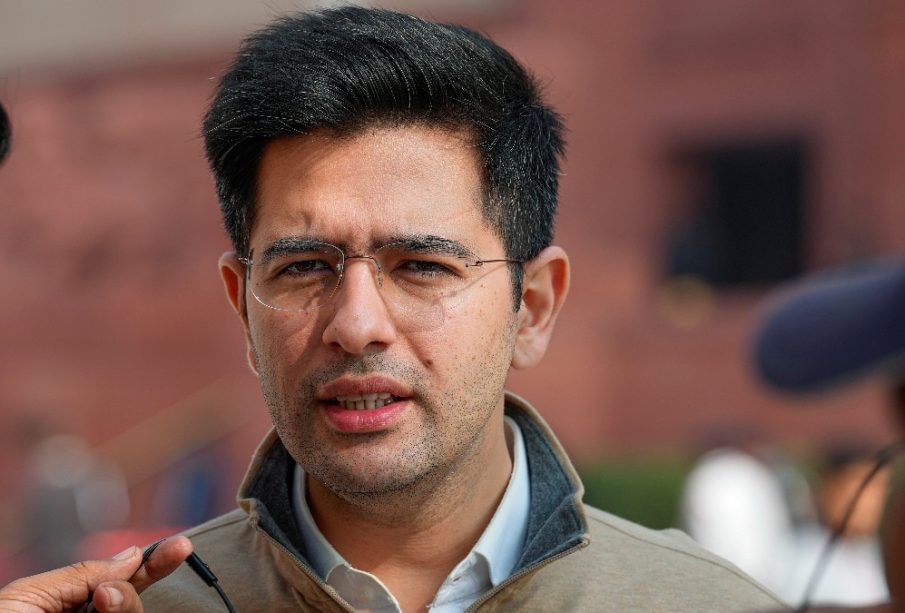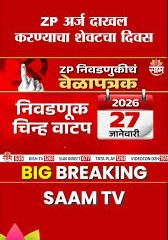Raghav Chadha: A Rising Star in Indian Politics

Introduction
Raghav Chadha, a prominent figure in the Aam Aadmi Party (AAP), is gaining significant traction in Indian politics, especially among the youth. As the party’s spokesperson and a member of the Delhi Legislative Assembly, Chadha has become a symbol of modern political leadership that resonates with the aspirations of a new generation. His journey and political strategies not only highlight the evolving dynamics of Indian politics but also reflect the increasing involvement of young leaders in shaping the future of the nation.
Political Rise and Contributions
Born on November 11, 1988, in Delhi, Raghav Chadha completed his education at the prestigious London School of Economics, where he earned a degree in Economics. His entry into politics came with the AAP, which has carved a niche for itself in the national political landscape through its focus on anti-corruption and good governance.
Chadha was elected to the Delhi Legislative Assembly in 2020 from the Rajinder Nagar constituency. He quickly became known for his effective communication skills and robust presence on social media, engaging the electorate in contemporary issues. His work primarily focuses on youth empowerment, education reforms, and environmental sustainability, aligning with AAP’s broader agenda. Recently, he has been vocal about issues like air pollution and has proposed innovative solutions to combat the severe environmental challenges facing Delhi.
Recent Developments
Raghav Chadha’s influence is expected to grow as the next general elections approach. He is seen as a crucial player in AAP’s strategies to expand its footprint beyond Delhi. Following recent statements and public appearances, he has been highlighted as a potential candidate for future leadership roles within the party, especially in the context of regional and national politics.
His active participation in debates and discussions around pressing social issues, including education, healthcare, and urban infrastructure, has earned him recognition as a thought leader among young voters. Furthermore, his recent interviews have emphasized the importance of inclusive governance, urging for broader representation of youth in political dialogues.
Conclusion
Raghav Chadha represents a new wave of political leadership in India, combining education and activism to resonate with a diverse electorate. His commitment to issue-based politics and the engagement of youth marks a shift towards more accountable governance. As Indian politics continues to evolve, Chadha’s role will be significant in shaping public discourse and mobilizing voter engagement. Observers predict that his influence will only increase as he navigates the complexities of the upcoming electoral landscape, making him a figure to watch in the coming years.









